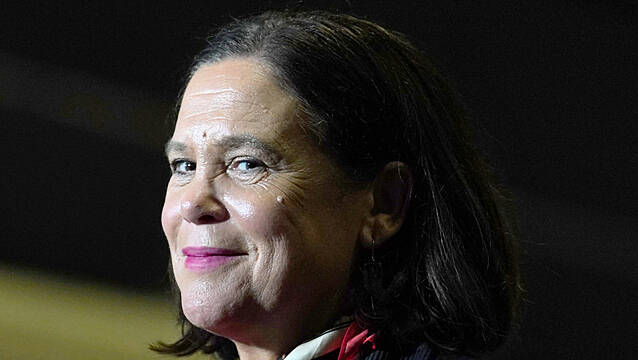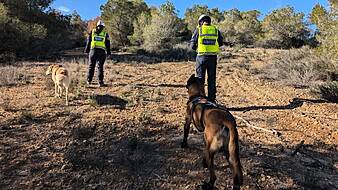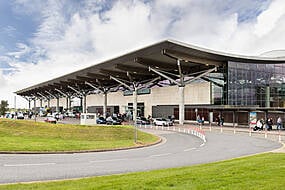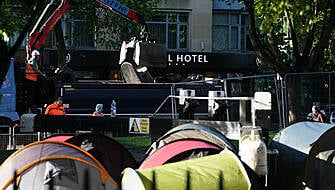Here, we have a look at the topics likely to dominate political discourse in the week to come.
Sinn Féin bullish but path to government near impossible
The general election has seen Sinn Féin emerge as the second-biggest party in the country, with 39 seats, one ahead of Fine Gael while Fianna Fáil sit on 48.
While it is an improvement on their 2020 showing, the number falls short of what they had been hoping for before scandals hit the party and it suffered a long slump in the polls.
Despite this, leader Mary Lou McDonald claimed Sinn Féin had "altered the political landscape".
"You have given us again a powerful and a strong mandate, and we understand the trust that you have placed in us to make life better for you and we are determined to do just that," she said.
Ms McDonald has reached out to the Social Democrats and Labour Party, but the numbers to make up a Sinn Féin-led coalition look unlikely.
A coalition of Sinn Féin along with Labour and the Social Democrats would be 17 votes short of a majority. Even with the three parties involved, they would need a complex agreement involving independent TDs.
Social Democrats ponder next moves after hugely successful election
The Social Democrats had a hugely successful election, increasing their number of TDs from six to 11.
The party is now in a great position, but they have a huge decision ahead.
Fianna Fáil and Fine Gael may well reach out to them about a possible coalition, and the possibility of ministerial roles and being in power will be tempting for the party.
However, they will be acutely aware of the fate of smaller parties in coalitions, as evidenced by the Green Party's woes this time around, with only leader Roderic O'Gorman retaining his seat.
Leader Holly Cairns has said her party will play an "important role" in the 34th Dáil.
The alternative to government is staying in opposition, where they will have more influence than they did previously.
Fianna Fáil and Fine Gael consider next move
It seems very likely Fianna Fáil and Fine Gael will go into coalition again. Together, they have 86 seats.
They could have a majority with a small group of what are often called "gene poll independents". This may be preferable to the Social Democrats or Labour Party, who would undoubtedly have more demands.
Tánaiste Micheál Martin has said he will discuss Fianna Fáil's next move with his parliamentary party. Speaking on Tuesday, he refused to be drawn on specifics such as the question of a rotating Taoiseach.
With Fianna Fáil 10 seats ahead of Fine Gael, the latter will be eager not to come across as the junior party in the arrangement.
The question of whether the Taoiseach's role will switch half way through, with Mr Martin swapping with Simon Harris, is likely to be a sticking point.
Fianna Fáil are likely to be in a position to claim more ministerial roles, but there will likely be much horse-trading in these appointments too.
That may well be another reason Fianna Fáil and Fine Gael turn to independents, rather than the Labour Party or Social Democrats, as coalition partners.
It seems unlikely a government will be formed until mid-January at the earliest.







